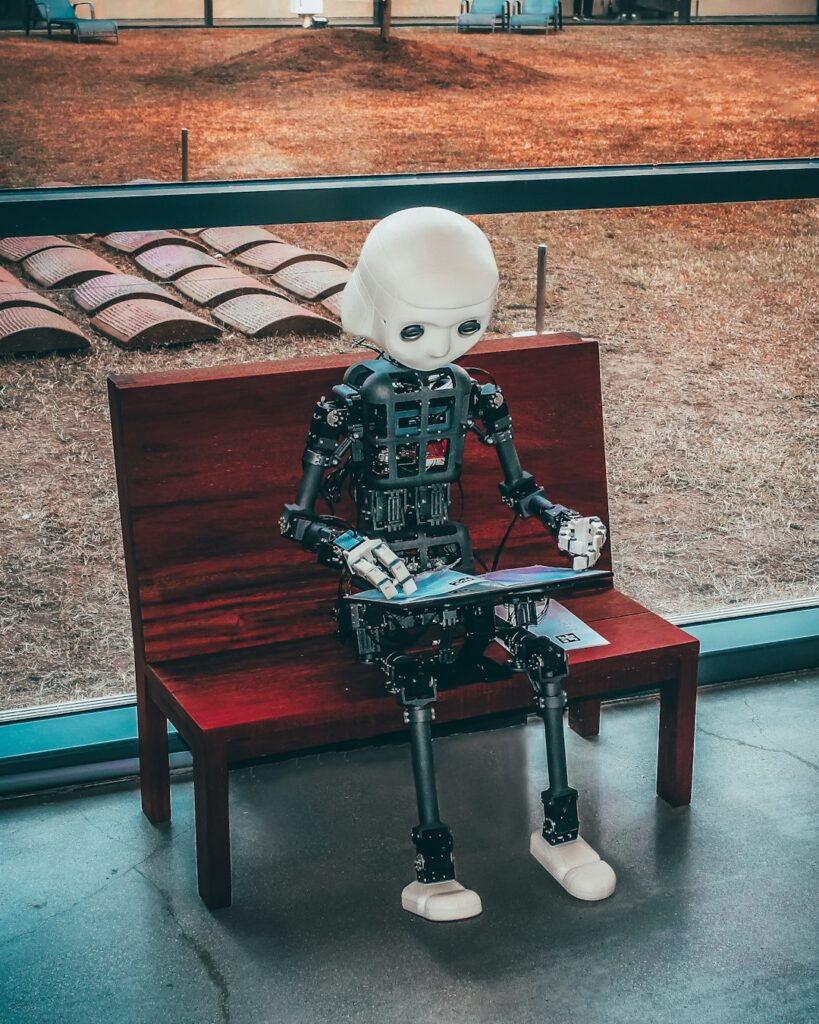The AI that is helping to cure rare diseases
In today’s world, technology is advancing at an incredible pace, and one of the most groundbreaking uses of technology is in the field of healthcare. Artificial Intelligence (AI) is playing a pivotal role in revolutionizing the way we approach the diagnosis and treatment of rare diseases. From accelerating the process of identifying potential treatment options to aiding in the development of personalized medicine, AI is making remarkable strides in the fight against rare diseases.
Harnessing the Power of AI
Did you know that there are over 6,000 rare diseases identified, and an estimated 300 million people worldwide are living with a rare disease? These diseases often go undiagnosed or misdiagnosed for years, leaving patients and their families struggling to find answers. However, with the help of AI, there is hope for a brighter future.
Early Detection and Diagnosis
AI algorithms are being utilized to analyze vast amounts of medical data, including genetic information, imaging scans, and clinical records, to assist in the early detection and accurate diagnosis of rare diseases. By rapidly processing and identifying patterns in this data, AI has the potential to uncover subtle indicators that may elude human detection, leading to earlier intervention and improved outcomes.
Drug Discovery and Development
The process of developing new treatments for rare diseases can be lengthy and costly. AI is expediting the drug discovery process by rapidly screening compounds and predicting potential drug candidates with higher accuracy. This not only accelerates the pace of finding new therapies but also increases the likelihood of success in targeting the specific mechanisms of rare diseases.
Personalized Treatment Approaches
AI is enabling the development of personalized treatment approaches by analyzing individual patient data to tailor therapies based on the patient’s unique genetic makeup and disease characteristics. This level of precision medicine holds great promise for improving the efficacy of treatments while minimizing adverse effects.
Applying AI in Daily Life
Understanding how AI is contributing to the advancement of rare disease research can inspire individuals to explore how they can incorporate this knowledge into their daily lives. Here are a few ways to apply the principles of AI in everyday activities:
Stay Informed
Keep abreast of the latest developments in AI and healthcare by following reputable sources, such as scientific journals, conferences, and online platforms dedicated to medical innovation. Being informed empowers individuals to make educated decisions about their health and advocate for advancements in the field.
Support Research Efforts
Consider participating in medical research studies or clinical trials that leverage AI technologies. By contributing to these initiatives, individuals can directly impact the progression of rare disease research and the validation of AI-driven approaches.
Advocate for Access
Advocate for increased access to AI-driven diagnostics and treatments for rare diseases within your community and on a broader scale. Raising awareness about the impact of AI in healthcare can help ensure that innovative technologies reach those who need them most.
Embracing a Future of Possibilities
The intersection of AI and rare disease research holds immense potential for transforming the landscape of healthcare. By leveraging the power of AI to drive early detection, drug discovery, and personalized treatments, we can enhance the quality of life for individuals affected by rare diseases. As we continue to unlock the capabilities of AI in healthcare, the prospect of curing rare diseases moves from a distant aspiration to an attainable reality.
In conclusion, the fusion of AI and rare disease research represents a defining moment in the pursuit of improved diagnostics and treatments. Through the proactive application of AI principles in our daily lives and unwavering support for innovative healthcare solutions, we can contribute to a future where rare diseases are no longer an insurmountable challenge. Let’s embrace this journey toward progress and possibility, knowing that each step forward brings us closer to a world where rare diseases are conquered.












